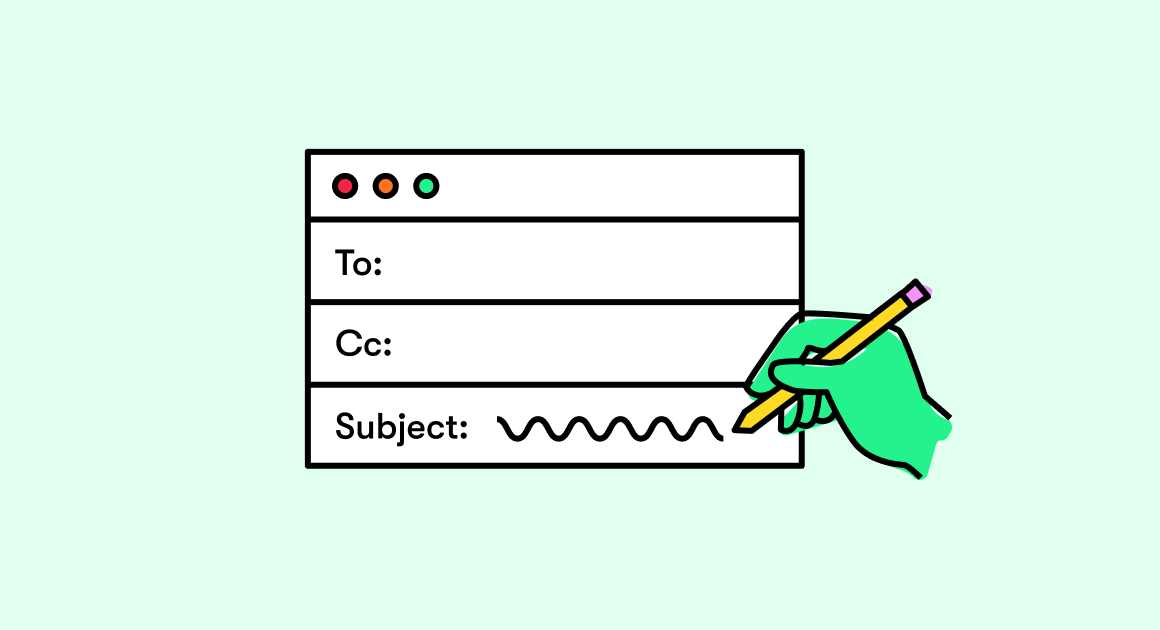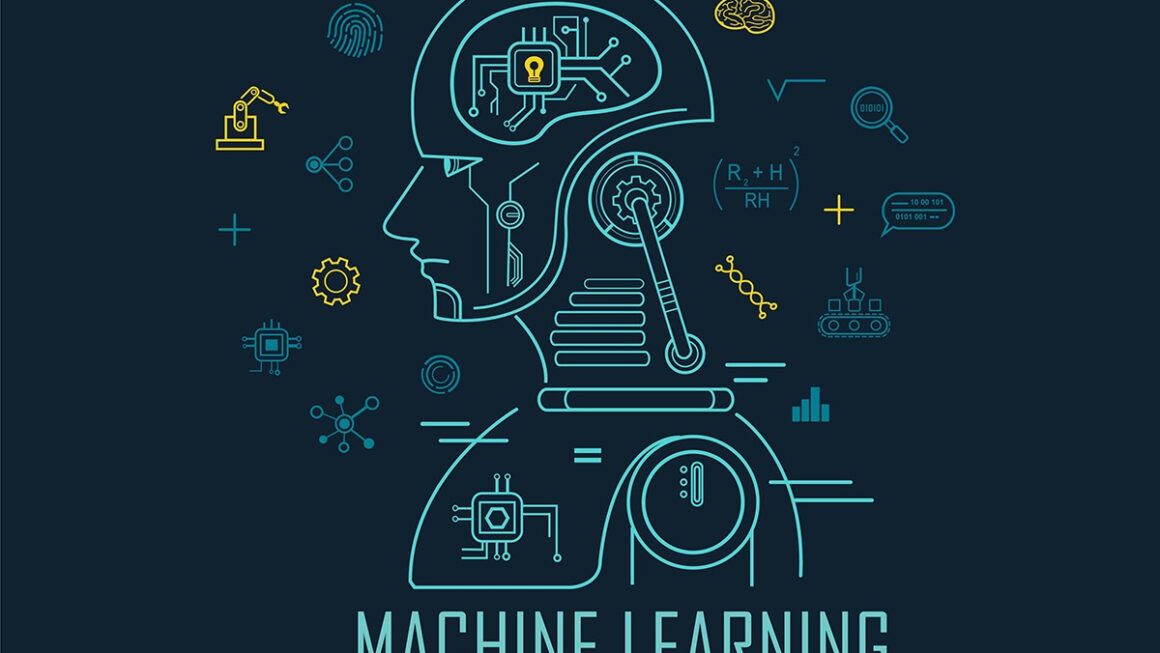Introduction
The term “IQ” refers to a person’s logical intelligence; nevertheless, there are other aspects of intelligence, such as an individual’s emotional and spiritual intelligence, which are also important. As a direct consequence of this, the term “intelligence” will no longer be appropriate to accurately convey “the entire concept of intelligence.”
It is imperative that we don’t lose sight of the fact that intelligence encompasses a whole lot more than just the ability to reason logically. In light of this, in addition to discussing IQ, we are going to talk about emotional intelligence (EQ) and social intelligence. These are two different types of intelligence (SQ).
What is EQ?
It is a measure of a person’s ability to understand and manage their emotions. People who have a high EQ are more skilled at using the right hemisphere of their brains than those who do not have a high EQ. They possess verbal talent that is of an extraordinarily high caliber. In addition, the quality of the interpersonal connections we have has a direct bearing on the degree to which we are emotionally intelligent.
What exactly is SQ?
It is a measure of how much one understands about the spiritual world. It is the individual’s capacity to keep a balance inside themselves as well as their spiritual knowledge that constitutes this quality. In point of fact, we might consider of our social intelligence (SQ) as the sum total of our intelligence and emotional intelligence (EQ) scores. When one works to improve their SQ, they will also see a rise in their IQ and EQ working in the same direction.
SQ can be increased by working through problems that test verbal intelligence. This compels us to make use of our creativity as well as our verbal intelligence and engages the synapses in our brains.
What Are Some of the Most Well-Known IQ Tests?
There is a wide variety of choices when it comes to intelligence quotient testing. Below you will find a list that contains the most common ones.
Stanford-Binet (SB-V):
Verbal reasoning, abstract/visual reasoning, numeric reasoning, and working memory are the abilities that are evaluated in the Stanford-Binet IQ test.
The Wechsler Adult Intelligence Scale (WAIS-IV):
There are two primary subtests that make up the overall IQ exam. The verbal portion of the exam consists of a battery of several tests designed to evaluate a candidate’s verbal reasoning skills, vocabulary, aural perception, and long-term memory. The performance component of this intelligence exam, on the other hand, includes questions about visual attention, visual perception, and three-dimensional perception.
The Wechsler Intelligence Scale for Children, Revised (WISC-R):
It measures a child’s intelligence from ages 6 to 16. It is comparable to the WAIS. The WISC has questions that are simple enough for children to understand.
The International Performance Scale
The Leiter International Performance Scale is an intelligence test that evaluates a person’s nonverbal cognitive ability. Because of this, it is ideally suited for use with children who have speech and hearing problems.
Some of the iq test online are visual memory tests or measures of visual intelligence, while others just measure the intelligence of children or adults.
Cards and diagrams are the primary tools that are used for performance assessments, and the goal for the students is to determine the correct answer as rapidly as they can from either the cards or the diagrams. On the other hand, verbal IQ tests gauge a person’s command of the English language. When taking assessments of their thinking abilities, children are expected to determine the most appropriate responses to the problems presented to them.



